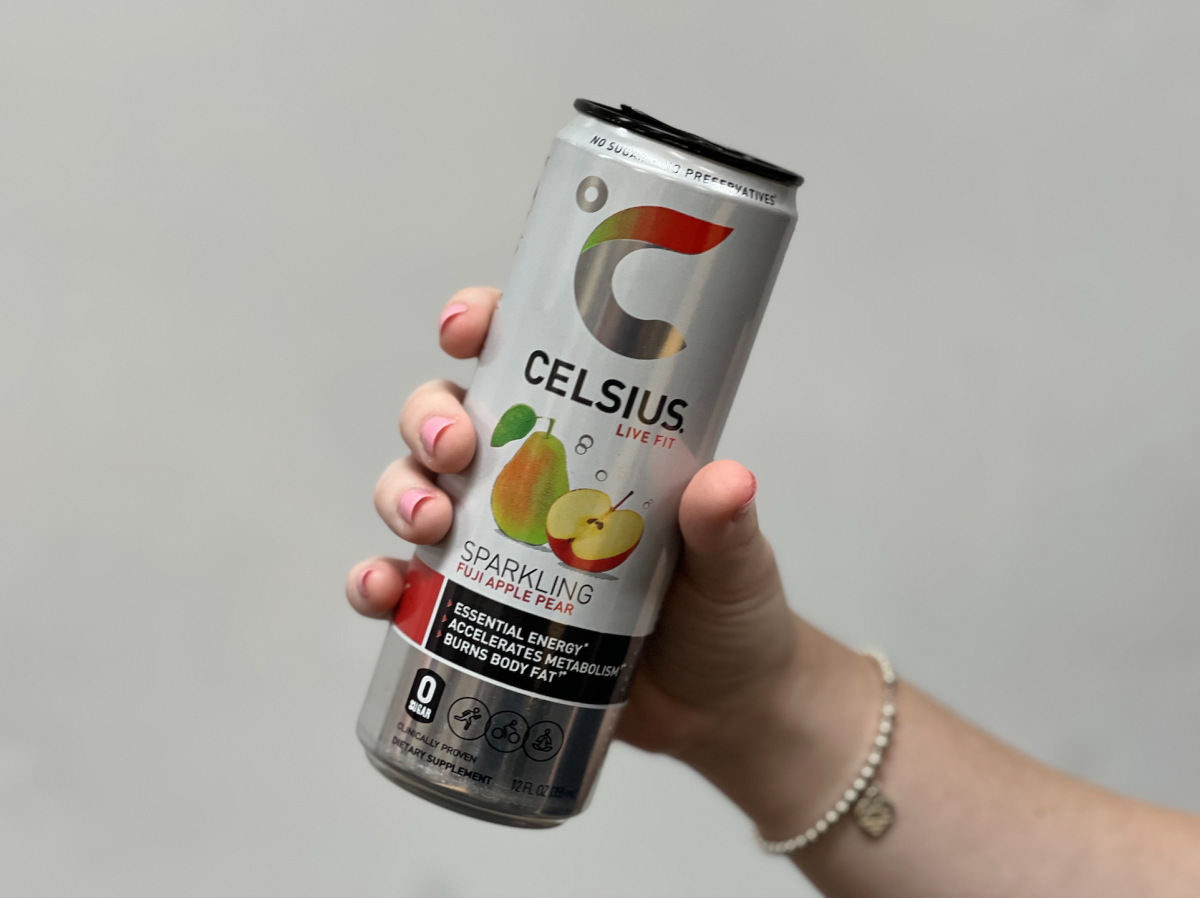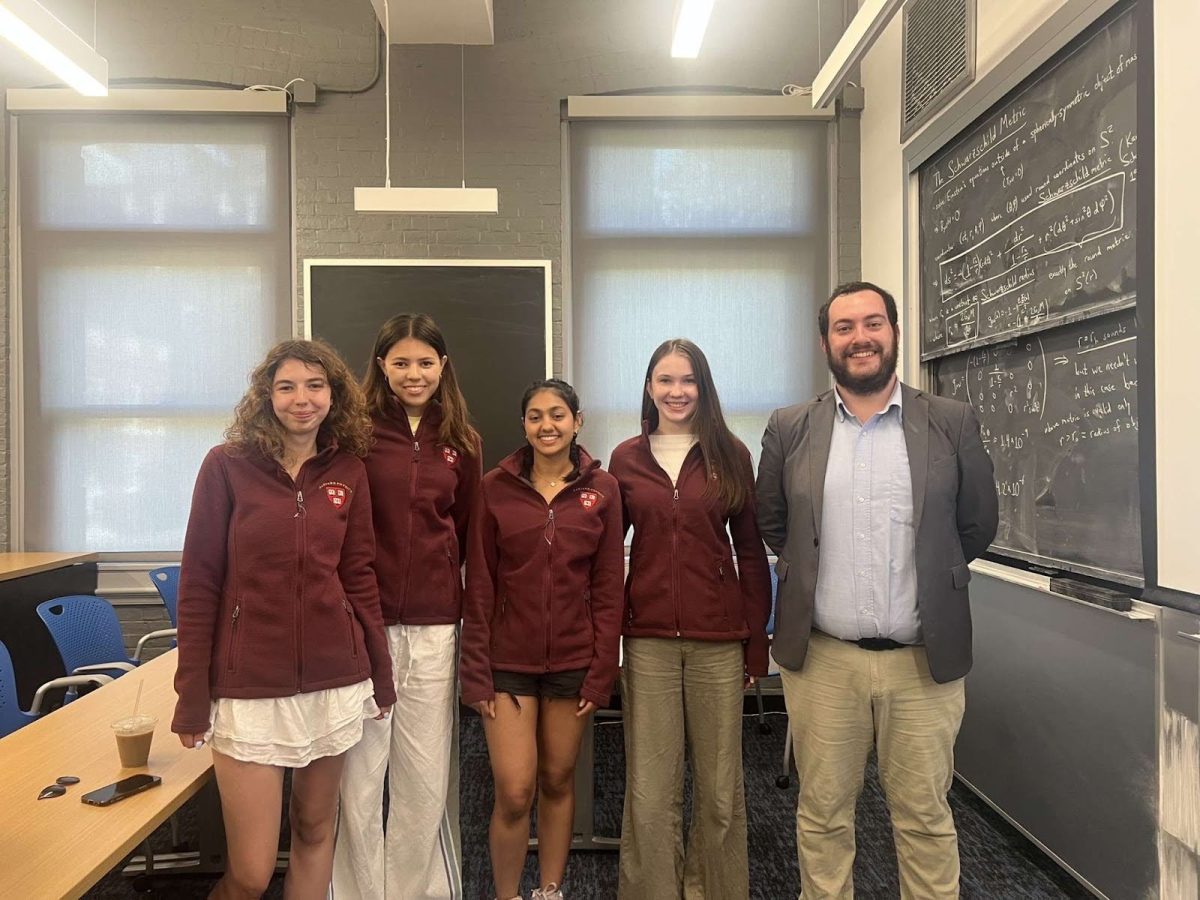Many students at Holy Trinity rely on caffeine to get them through the day, especially after lunch when they need to push through their final classes. With a rigorous schedule compiled of academics and extracurriculars, a lot of students lack sleep. Students were shocked when they came to the realization that Celsius, a popular energy drink, has been removed from the vending machine. From this, the question arose: how does the school decide what gets put into the vending machines?
“It’s based on a number of factors,” Ancillary Programs Manager Lia Page said. “Cost, variety, dietary restrictions (i.e. no nuts), how long it will stay good, health school rules.”
As many know, Celsius had been in a lawsuit regarding their misleading advertising about not containing preservatives in their products, despite having citric acid as an ingredient. However, this was not the case for the removal of the product.
“The Celsius lawsuits did not play any role in our decision to remove Celsius from the vending machines,” Page said. “However, more than one concerned parent, including a physician, brought to our attention that the beverages being stocked in our vending machines contained amounts of caffeine unsafe for adolescents.”
Although caffeine is great for focusing and evoking productivity, it can also lead to anxiety and insomnia, especially in adolescents.
“The National Institute of Health recommends no more than 100mg of caffeine per day for adolescents,” Page said. “Our campus serves students ranging in age from 11-18 years old. The effects of caffeine on an 11-year-old can be quite different than on an 18-year-old. We considered our entire student body’s safety when making the decision to remove products containing high levels of caffeine.”
To no surprise, Celsius beverages will not be making a comeback in the school vending machines anywhere in the near future.







